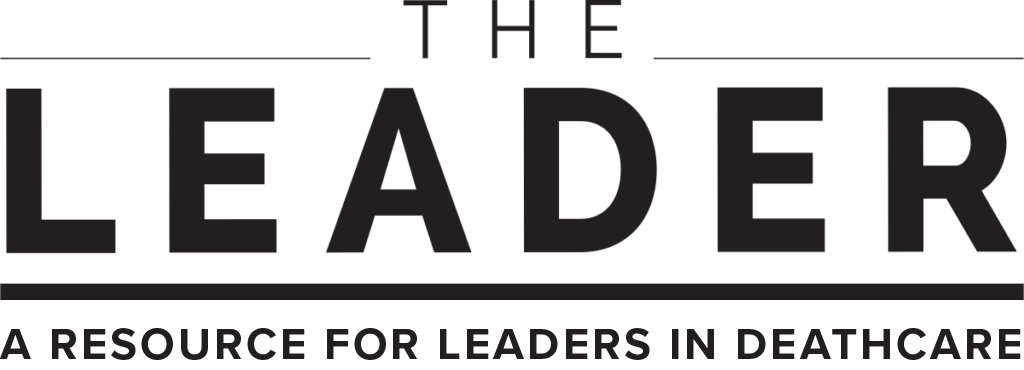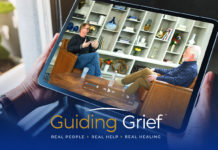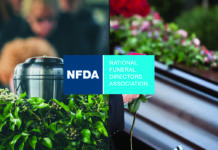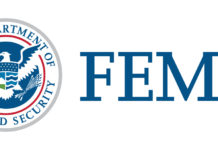By Leader Contributor Alan D. Wolfelt, Ph.D.
For quite a few decades now, our culture has put on a convincing show of whistling past the graveyard.
Americans have long had high levels of assumed invulnerability; we have pretended that death doesn’t exist. Starting in the late 1800s, we removed it from our homes and began to hide it behind the closed doors of hospitals, long-term nursing facilities, and yes, funeral homes.
Simultaneously, we began staving it off with better nutrition and remarkable advancements in medical care. Many of these developments were positive, but death grew so seemingly uncommon that many didn’t attend the funeral of a close loved one until they’d reached their 40s or 50s. As author Jane Walmsley observed, “The most important thing to know about Americans … is that they think death is optional.”
Of course, funeral service has never lost touch with the reality of death. But as our culture did, the funeral director’s job became even more challenging. How do you educate families about the importance of a funeral ceremony if they’ve never been to one? How do you encourage your community to appreciate death if it seems like the exception rather than the rule?
Then COVID came along, and suddenly, death was everywhere.
It took a global pandemic that killed more than 750,000 Americans and millions the world over for our culture to get reacquainted with the reality and inescapability of death. Nearly all of us now know someone who died, and more are being hospitalized and dying every day. Overall, more than 3.35 million people in the United States died in 2020 — up 20% over 2019. We’re in collective grief. And we’ve remembered we’re mortal.
Estate planners report that they’ve never been busier as more people are now aware that they must have a will done. We’ve all seen the headlines proclaiming that hospital and long-term-care providers — the ones who deal with death continue to be overwhelmed. And as you know all too well, last responders — funeral homes and crematoriums — have been inundated with caring for the dead (though funeral services were down). Ironically, death is a new fact of life.
A silver lining in all this, I think, is that our culture’s newly enhanced mortality awareness is making us better at living. I, for one, have gotten better at being present in and appreciating each moment. I revel in deepened gratitude for friends and family. I find myself in awe of the beauty of nature around me. I’m so, so grateful for my community.
In the fall of 2020, Pew Research surveyed Americans to find out how the pandemic was affecting their lives. While 89% reported negative impacts, 73% reported positive changes, such as strengthened relationships among people in the same household and more high-quality free time.
How we spend our time is how we spend our lives. When we devote more care and attention to our close relationships, we live and love better. And when we develop or strengthen daily routines that enhance our well-being, such as cooking at home and slowing down the pace of our days, we’re more attuned to every precious moment, knowing their number is finite.
This, in a nutshell, is the gift of mortality awareness.
Wrote noted 20th-century psychologist Rollo May: “The confrontation of death gives the most positive reality to life itself.” COVID has confronted us with death. Let’s not let our communities forget what funeral directors have always known — that holding close the awareness that death is always at the doorstep makes life more meaningful.
About the Author
Alan D. Wolfelt, Ph.D., is an author, educator, and grief counselor. He serves as Director of the Center for Loss and Life Transition and is on the faculty of the University of Colorado Medical School’s Department of Family Medicine. Dr. Wolfelt has written many bestselling books on coping with grief, including Grief Day by Day, which offers simple, everyday grief rituals to help support mourners. Visit www.centerforloss.com to learn more about grief and loss.








